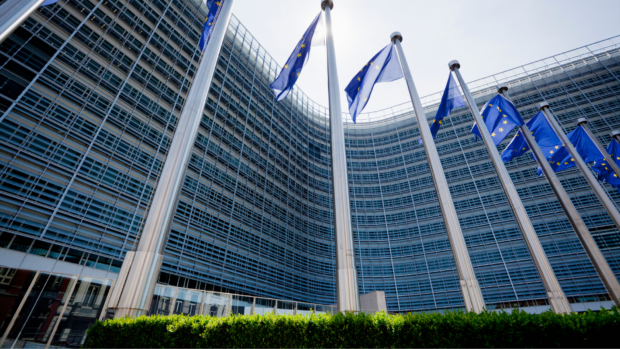
The new Government has been clear that it wants to make Brexit work better and to reset relations with the EU.
In the FMP space, we are trying to balance a number of interests to ensure that we work constructively with the EU.
This is important as we share waters and some stocks, we want and need to access each other’s waters, we trade with each other, and we both have responsibilities and obligations to better manage fish stocks and the marine environment.
Both parties must also abide by the Trade and Cooperation Agreement, which importantly in this space, grants both regulatory autonomy (i.e. we have the right to manage and regulate fisheries in our waters) provided the action we take is evidenced based and non-discriminatory.
We therefore agreed in 2021 and 2022 to pilot the development of a Multi-Year Strategy (MYSt) for King Scallop stocks in the Channel.
What this MYSt eventually looks like is still to be determined. There are lots of views about whether it should be narrow (e.g. limited to science and data) or broader (to include shared management). But work restarted on 17 September, with a workshop involving four UK governments, the Marine Management Organisation (MMO), Cefas, the UK scallop industry, the Crown Dependencies, the European Commission, Member States, EU Advisory Councils and eNGOs (environmental non-governmental organisations).
Presentations were made from both sides on-
- the state of the stocks
- how stock assessments and data collection are carried out
- current and planned future management regimes
- the environmental impacts of scallop dredging.
Defra and the European Commission will develop a report of the session and reflect on how to take the work forward. We will be talking to those involved from the UK side for their thoughts.
On 18 September, there was a smaller session where Defra, the MMO and the Devolved Governments gave presentations on how our FMPs are developing and being implemented.
This session was to make sure that there are no surprises for the EU and that they know about opportunities to engage. Our engagement is welcome, though clearly the EU has concerns about our plans and how divergence will impact them. As well as piloting better engagement with UK stakeholders, we will look at how we can do that with EU interests.
Leave a comment